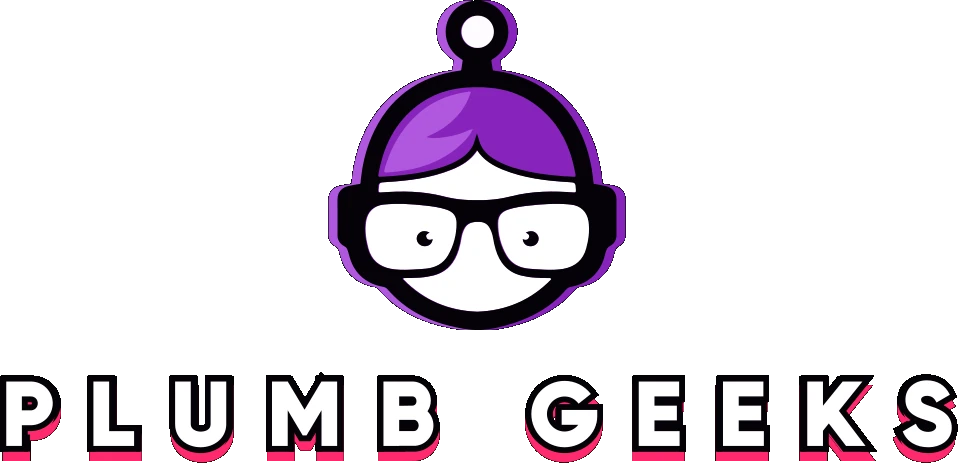Water Heaters
If you are in the market for a water heater – whether it’s replacing an old one or installing a eco-friendly tankless water heater – there are a few questions you should ask before purchasing and installing.
What is your fuel source?
Water heaters commonly work through electricity, natural gas, propane, or oil are the most common. Your choices are often limited by your home’s location, age of your home, and other factors outside your control. However, if you do have a choice, take into consideration the following:
- Cost – Both the cost of the power and the cost of the hot water heater itself. Gas hot water heaters tend to cost more but have a more efficient operation. Electricity tends to be more expensive than natural gas or propane options.
- Efficiency – If you have access to natural gas or propane, both are extremely fuel efficient. In addition, different types of water heaters offer different efficiency levels. The Department of Energy offers information on the efficiency of various types of water heaters.
How much hot water does your household use?
The term “household” covers a broad spectrum and one you should consider carefully when purchasing a hot water heater. First, consider if your current tank is meeting your needs. If so, you may be able to stop there. But, since the average lifespan of a conventional storage tank water heater is approximately 10 years, you should make sure the tank is right-sized for your household changes (new family, aging family) and number of appliances. For a typical family of 4, JW Plumbing recommends a 50 to 75 gallon tank.
If you are going with a tankless hot water system – a choice that is rising in popularity – make sure your plumber has properly calculated the max flow rate for your home’s usage as well as the environment that you are in.
What type of maintenance and On-Going Costs should you consider?
It is an unfortunate fact of life that all things break. Some other considerations when purchasing a water heater is:
- Water Hardness – Particularly in Scottsdale, AZ, where JW Plumbing serves, there are considerable hard water issues. A water softener should be considered to protect the life, not only of your hot water heater, but also of all your household appliances.
- Regular Maintenance Cycle – Conventional storage tank water heaters require draining and will last approximately 10 years with regular maintenance. Tankless water heaters require removing build up on the heating coils and will typically last 20 years with regular maintenance.
Conclusion
A hot water heater is an appliance built for functionality. At the start of your day you want your shower to be hot. Beyond that, homeowners often don’t think much about it. So, when you’re buying and installing, ensure that you’re taking the above items into consideration so you can get the best hot water heater for your home while making sure you aren’t breaking the bank.

